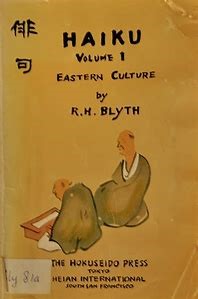…The depressed whore wakes up for her flight before dawn. Nothing ever good comes from waking up this early, she thinks: funerals, surgeries, insomnia, and work. She slept in her makeup because fuck putting it on so early. Still, it’s important to look hot at the airport: a space of surveillance, commerce, vague intrigue. You never know who’s watching you, always traveling under an assumed, or fragmentary, or nightmarish identity. In the Lyft she subtracts the cost of the ride from what she’ll be earning, also the friend looking after her cat, the work she could have gotten staying at home, the unquantifiable toll on her physical and mental health, and yet to remain still is never an option, not anymore, in this world in which stillness equals paralysis, inanition.
…She’s going to a mid-sized, charmless city in the Deep South. She’s looked up things to do in the time she’ll have off, which really isn’t much, just a long afternoon before her return flight, but she knows she won’t step foot outside the hotel for her almost two-day stay, she’ll be swallowed up by that cold, bright glare (the glare that afflicts schizo-amnesiac killers in a David Lynch movie) that never leaves you even when you close your eyes at night. But it doesn’t matter. After a certain point every place, like every client, is the same.
Read more


